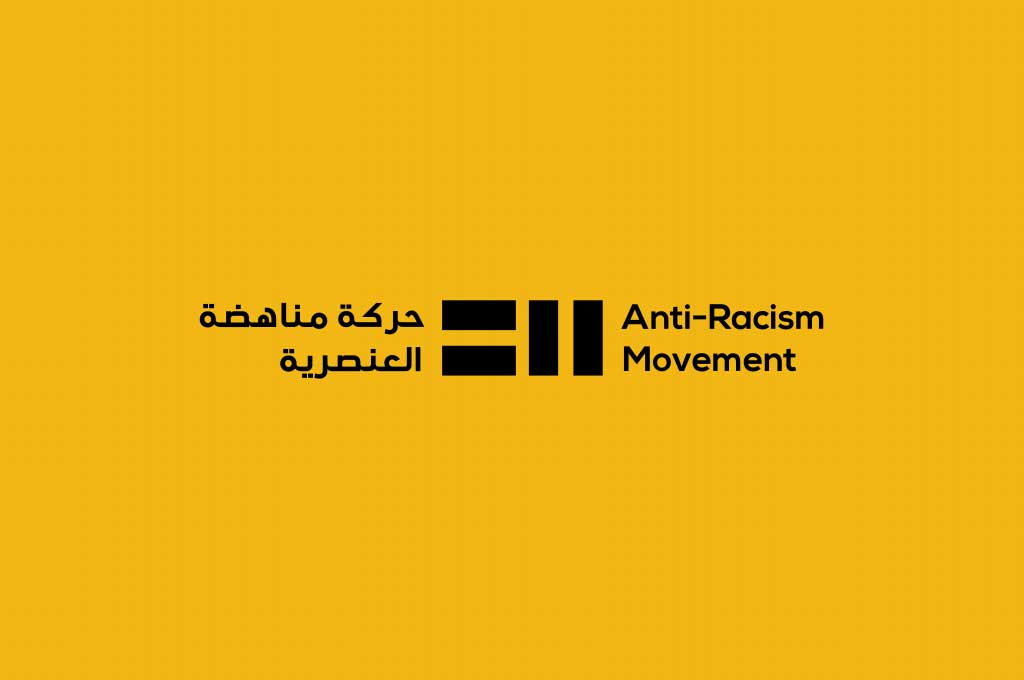Trafficking of Migrant Domestic Workers: A Tale of Two Cities
18/07/2013
The Institute of Middle East Studies
…..
“The recruitment, harboring, transportation, provision, or obtaining of a person for labor or services, through the use of force, fraud, or coercion for the purpose of subjection to involuntary servitude, peonage, debt bondage, or slavery.”[1]
I am of the strong personal opinion that this definition applies to far too many migrant domestic workers living within Lebanon and wider MENA region.
- The absolute number of victims of severe forms of trafficking is very significant or is significantly increasing,
- There is a failure to provide evidence of increasing efforts to combat severe forms of trafficking in persons from the previous year, including increased investigations, prosecution, and convictions of trafficking crimes, increased assistance to victims, and decreasing evidence of complicity in severe forms of trafficking by government officials, or,
- The determination that a country is making significant efforts to bring itself into compliance with minimum standards, as based on commitments by the country to take additional steps over the next year.
Related Posts
Have Any Questions?
To inquire about this statement and the context, email us or fill the form.
Join Our Newsletter
At the Anti-Racism Movement (ARM), we are constantly working on a multitude of different activities and initiatives. Most of our activities are only possible with the help of dedicated and passionate volunteers who work in collaboration with our core team.
The Anti-Racism Movement (ARM) was launched in 2010 as a grassroots collective by young Lebanese feminist activists in collaboration with migrant workers and migrant domestic workers.
Quick Links
Useful Links
This work is licensed under a Creative Commons Attribution 4.0 International License.
Developed by CONCAT
